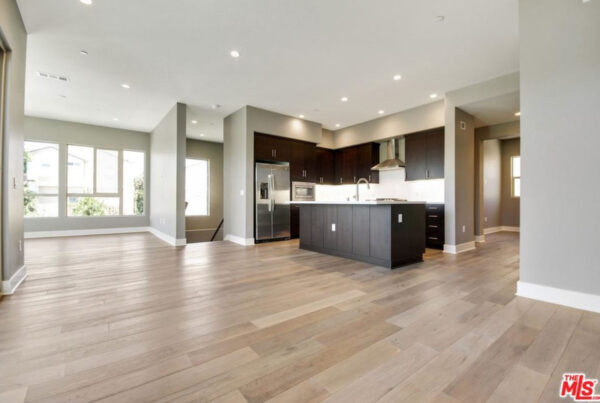
Your Hardwood Floors
Hardwood floor sanding rejuvenates and restores the splendor of wooden floors. It involves the removal of old finishes, scratches, dents, and imperfections using specialized sanding equipment. This exposes the raw wood underneath, offering an opportunity to repair any damage and achieve a smooth surface. Once complete, the floor is ready for refinishing, sealing, and staining. Hardwood floor sanding is an essential step in preserving the timeless appeal of hardwood floors.
You Need Hardwood Floor Sanding If
· Your hardwood floor has visible scratches and dents.
· The finish on your floor is worn or damaged.
· There are uneven or rough patches on the surface.
· You want to change the stain color or finish.
· You want to extend the floor’s lifespan.
· The wood has water or moisture damage.
· You desire a smoother, more uniform appearance
How Hardwood Floor Sanding Is Done
The process of hardwood floor sanding begins with coarse-grit sandpaper to effectively strip away old finishes and deep scratches. As the sanding progresses, finer grits are used to achieve a smoother surface. Specialized sanding machines, such as drum sanders and orbital sanders, are used to ensure even and consistent results.
Once the sanding is complete, any gaps or holes in the wood are filled, and the floor is cleaned to remove all dust and debris. Afterward, a finish, such as oil base polyurethane or water base polyurethane, is applied to protect and enhance the wood’s natural beauty, leaving your hardwood floor looking revitalized. The specific details of the procedure are modified according to your existing floor.
Why Hardwood Floor Sanding Is For You
Hardwood floor sanding revitalizes your floors, removes scratches and imperfections, and
extends their lifespan. It also allows you to change the finish or stain color.
Hardwood floor sanding revitalizes your floors, removes scratches and imperfections, and extends their lifespan. It also allows you to change the finish or stain color.
How Often Should I Sand My Hardwood Floors
The frequency depends on usage and wear, but generally, every 7-10 years is recommended. High-traffic areas may require more frequent sanding.
Can I Sand Hardwood Floors Myself
While it’s possible for DIY enthusiasts, professional sanding is advisable for optimal results when it comes to hardwood floor sanding. Since mistakes and over-sanding in hardwood cannot be easily repaired, it requires specialized equipment and skills.
Is Dustless Sanding Really Dust-Free
Dustless sanding uses vacuum systems to minimize dust, but some fine particles may still be present. Our professionals take measures to reduce dust, such as sealing off rooms.
Can I Stay In My Home During The Sanding Process
It’s possible but not ideal. The noise, dust, and fumes can be disruptive, so we highly recommend vacating the area temporarily to allow us to sand the floors completely.
When Can I Walk On The Floors After Sanding & Refinishing
Typically, you should wait at least 24-48 hours after the final coat of finish is applied. However, full curing may take a few weeks. Our flooring experts will provide all guidelines.
How Long Does The Sanding Process Take
The duration of hardwood floor sanding varies depending on the size of the area, the condition of the floor, and the number of sanding passes required. On average, it can take a few days.